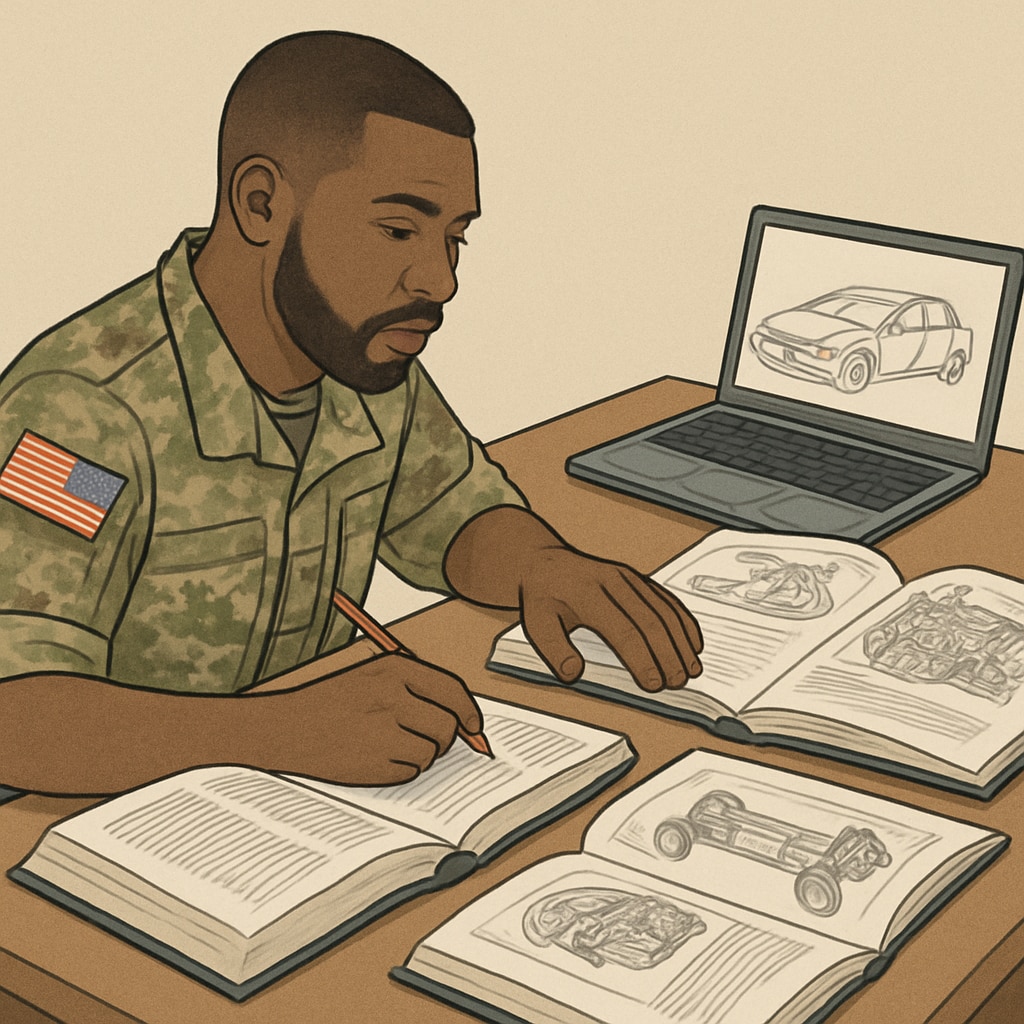Military veterans often possess unique skills and qualifications that can help them pursue higher education. For those holding an associate degree in automotive technology, upgrading to a bachelor’s degree is a strategic step to enhance career opportunities. This article examines how military students can transfer credits from their associate degree in applied sciences effectively, choose the right bachelor’s program, and leverage military-specific educational resources to achieve their academic goals.
Navigating Credit Transfers for Military Students
One of the first steps for military students transitioning from an associate degree to a bachelor’s degree is understanding the credit transfer process. Many colleges and universities offer transfer-friendly policies, especially for military personnel. However, the transferability of credits depends on several factors:
- Accredited institutions: Ensure your associate degree is from a regionally accredited school to maximize credit transfer.
- Program alignment: Select a bachelor’s program that closely matches your associate degree coursework, such as automotive engineering or technology management.
- Military experience credit: Many schools recognize military training and experience as eligible for academic credits, further reducing the time required to complete a degree.
For example, the American Council on Education (ACE) provides guidelines for evaluating military service transcripts, which can help veterans understand how their experiences translate into academic credits.

Choosing the Right Bachelor’s Degree Program
When selecting a bachelor’s degree program, military students with an associate degree in automotive technology should consider both career aspirations and academic interests. Common options include:
- Automotive Engineering: Ideal for students looking to advance in technical design and manufacturing within the automotive industry.
- Technology Management: Suitable for veterans interested in leadership roles that combine technical expertise with business operations.
- Applied Sciences in Automotive Technology: Focused on hands-on applications and advanced troubleshooting skills.
Military-friendly institutions often provide flexible learning formats, such as online courses and hybrid programs, allowing veterans to balance education with work or family commitments. Additionally, exploring programs with dedicated veteran support services can greatly enhance the learning experience.

Leveraging Military-Specific Educational Resources
Military students have access to several unique resources that can streamline their path to a bachelor’s degree. These resources include:
- GI Bill Benefits: The GI Bill covers tuition and fees, providing significant financial support for eligible veterans pursuing higher education.
- Military Tuition Assistance: Active-duty personnel may qualify for tuition assistance programs to offset educational costs.
- Veteran-Support Programs: Institutions like the U.S. Department of Veterans Affairs offer educational counseling and academic advising tailored to veterans.
- Credit for Prior Learning: Colleges may offer credits for military training and certifications, reducing the number of courses required for a degree.
By leveraging these resources, military students can not only save money but also accelerate their academic progress toward earning a bachelor’s degree.
In conclusion, transitioning from an associate degree in automotive technology to a bachelor’s degree is a promising pathway for military students seeking to elevate their careers. With careful planning, understanding credit transfer policies, and utilizing military-specific benefits, veterans can achieve their educational goals efficiently and effectively.
Readability guidance: The article uses short paragraphs and lists to summarize key points. Transition words like “however,” “therefore,” and “for example” are included to facilitate flow. Passive voice and long sentences are minimized to enhance readability.


